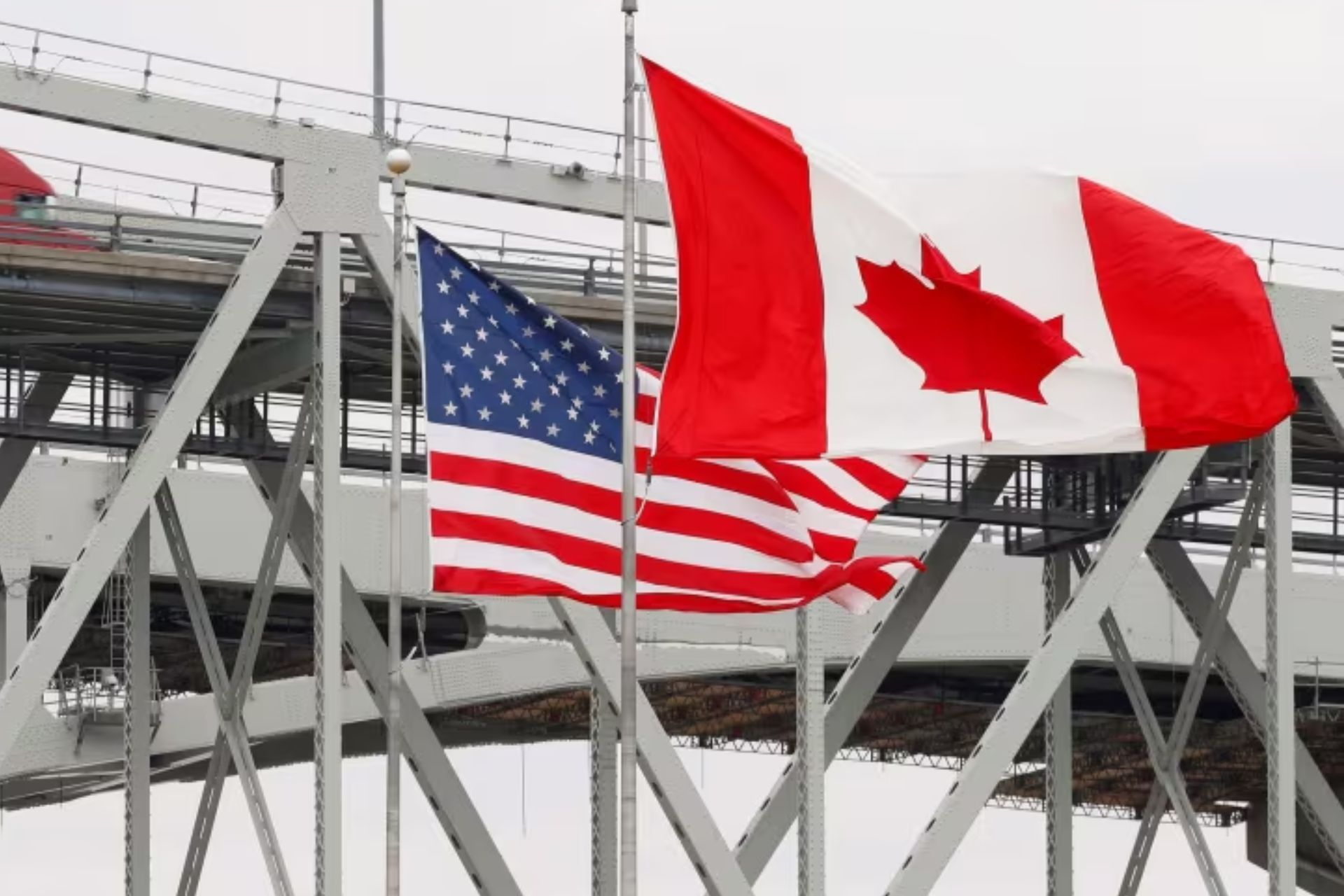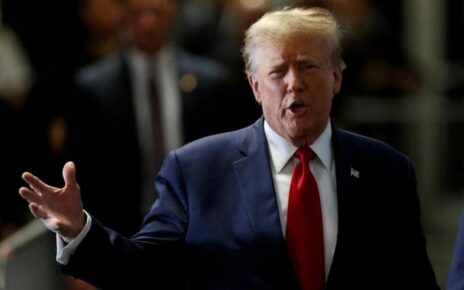Image Name: Canadian Chamber Of Commerce
Image Credit: CBC
With the U.S. election fast approaching, the Canadian Chamber of Commerce is sounding a growing urgency over a possible resurfacing of protectionist policies that will no doubt add to an already tense border situation at the level of trade and rhetoric on both sides. Canadian businesses are growingly fearful it might result in some bruising to the economic relationships between the two countries. And by virtue of their trade relationship with the U.S., Canada boasts one of the world’s most important trade relationships, so any political shifts could have significant effects on both nations.
The Resurgence Threat
Generally, the set of economic policies that limit openness of international trade to help domestic industries are referred to as protectionism. It can limit international competition in domestic markets by means of measures such as tariffs and other forms of import quotas or barriers to trade. Such measures are of particular concern to Canadian businesses that survive on sales in the U.S. market. This would disrupt the flow of goods and services around entire manufacturing sectors and agricultural items. The Chamber’s warning is primarily aimed at ensuring that Canada is well prepared for such policies, especially considering that the two have had very bad trade relations at times. Some fear the strain that would be put on Canadian industries by American heightened nationalism-a promotion of an “America First agenda.”
Impact on Relations in Trade Between Canada and U.S.
The Canada-U.S. relationship is the world’s largest bilateral trade relationship, with more than $700 billion worth of goods and services annually traded between the two countries. Economically integrated, they are hugely reliant on hassle-free cross-border trade for industries such as auto manufacturing, technology, and agriculture. Protectionism could throw this delicate balance into disarray, push costs up, cut access to the market, and even lead to job losses. For example, during the Trump administration, imposition of tariffs on Canadian steel and aluminum created tension between the two countries. After effects of those decisions still prevail in the minds of the companies in Canada as they glance toward the 2024 election in the United States. It’s not just tariffs; there is a concern about changes in trade agreements, subsidies, and other domestic policies that would make Canadian products compete less in the U.S. markets.
Image Name: Flags
Image Credit: The Canadian Chamber Of Commerce
The Call to Action for the Chamber
The Canadian Chamber of Commerce also calls for action for the federal government and for businesses. There is a call to prepare for any form of trade disruptions which may include the need to diversify trade relationships beyond the U.S., open diplomatic dialogues with their counterpart from the U.S., as well as equipping the Canadian business ability to take place in a possible paradigm change. One of those strategies is trade diversification. Canada’s partnership should be extended with the rest of Europe, all of Asia, and Latin America as well. This will thus help cut off dependence on America and stabilize things further. However, full diversification is not possible with such massive economic ties that exist between Canada and the U.S. Still, having extra choices would add a cushion if protectionism becomes more severe.
US Political Campaigns
Elections are just around the corner in the United States, and along with elections comes campaigns promising a boost to American industries. Therefore, the Democratic campaign has expressed concerns over trade imbalances while promising stronger protection for American workers. Meanwhile, the Republican camp wants to extend better relief for American industries. Whether these promises materialize into policy, is yet to be seen, but the rhetoric sent a shiver down the spines of Canadian exporters. Of course, there is also the risk that any protectionist policies implemented in the U.S. may blow back and not only hurt Canadian business but American business as well due to the many U.S. industries reliant on imports of raw materials from Canada and increased costs will translate to increased consumer prices for Americans. This interdependence forms a central point in the discussions both Canadian policymakers and businesses are having with their counterparts in the U.S.
Preparing for an Uncertain Future
Still, there is no certainty, for which reason the Canadian Chamber of Commerce is proactive in urging the government and businesses to be on their guard. The Canadian economy has too much intertwining with the United States; changes in trade policy can evoke different scenarios. Being prepared for this now may help in the mitigation of risks. As the dust settles and word filters out, businesses across the nation hold their breath in wait. The blows of protectionism will solely depend on the political climate in Washington; therefore, it’s essential that Canada be prepared for anything that comes.






